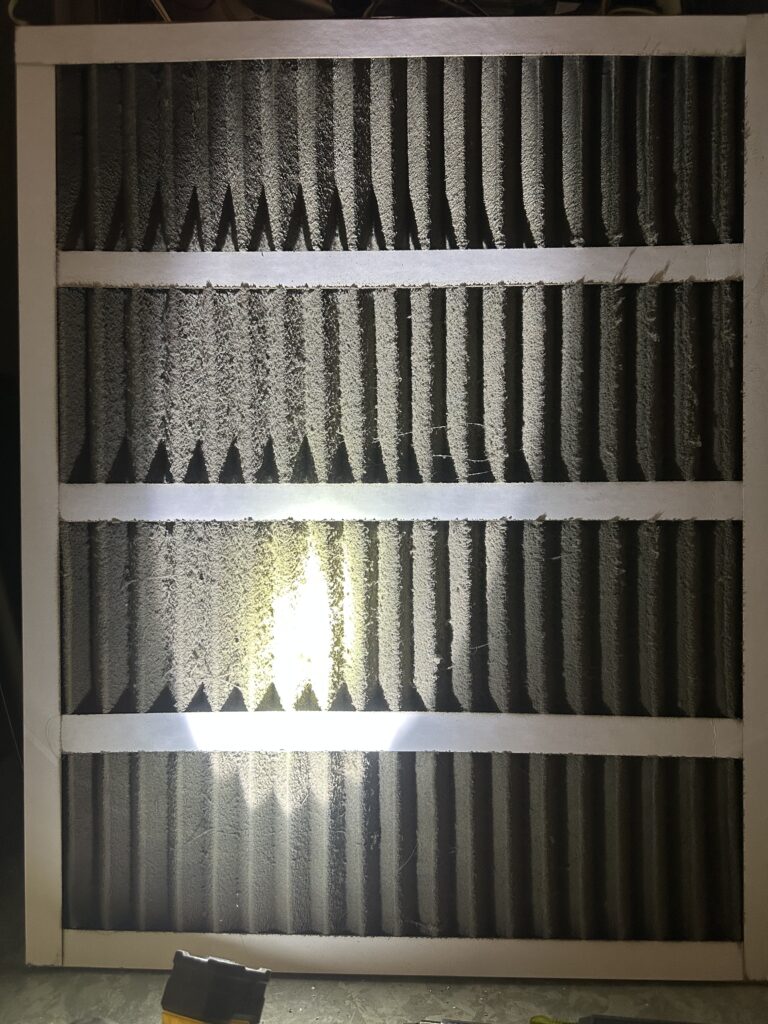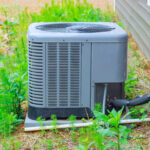When most people think about their HVAC system, they focus on heating and cooling. But did you know your HVAC system plays a crucial role in maintaining indoor air quality (IAQ)? Poor IAQ can lead to respiratory issues, allergies, and even increased energy costs. Understanding how your HVAC system impacts the air you breathe can help you take steps to improve your home’s environment.
1. The Role of Your HVAC System in Air Quality

Your HVAC system does more than regulate temperature—it also filters and circulates air throughout your home. A well-maintained system can remove dust, allergens, and pollutants, while a neglected system can contribute to poor air quality.
Here’s how your HVAC system affects the air you breathe:
- Filtration: Air filters trap dust, pollen, pet dander, and other particles.
- Ventilation: Your HVAC system helps control airflow and remove stale indoor air.
- Humidity Control: Proper humidity levels prevent mold growth and maintain comfort.
2. Common HVAC-Related Air Quality Issues

Several HVAC-related factors can negatively impact indoor air quality:
✅ Dirty Air Filters – A clogged filter can’t effectively trap airborne contaminants, allowing dust and allergens to circulate.
✅ Poor Ventilation – Insufficient airflow can lead to stagnant air and increased pollutant buildup.
✅ Mold & Bacteria Growth – Moisture buildup in ducts or the HVAC unit itself can promote mold growth.
✅ Leaky Ductwork – Holes or leaks in your ducts can pull in dust, insulation fibers, and even pollutants from unconditioned spaces.
3. How to Improve Your Indoor Air Quality with Your HVAC System
Maintaining a clean and efficient HVAC system is key to better air quality. Here are a few ways to enhance your IAQ:
🔹 Change Your Air Filters Regularly – Replace filters every month to ensure they effectively trap pollutants.
🔹 Schedule Regular HVAC Maintenance – Professional tune-ups help keep your system clean and running efficiently.
🔹 Consider an Air Purifier – Some HVAC systems can integrate air purifiers to remove microscopic pollutants.
🔹 Keep Humidity in Check – Use a humidifier or dehumidifier to maintain a balanced humidity level (between 30-50%).
4. Signs Your HVAC System Might Be Harming Your IAQ
If you’re experiencing any of the following issues, your HVAC system may be contributing to poor indoor air quality:
- Increased allergy symptoms or respiratory issues
- Persistent dust buildup, even after cleaning
- Musty odors coming from vents
- High humidity levels or condensation on windows
Your HVAC system is more than just a source of comfort—it’s a vital component of your home’s air quality. By keeping up with maintenance, using quality filters, and ensuring proper ventilation, you can breathe cleaner, healthier air every day.
If you’re unsure about your HVAC system’s impact on your indoor air quality, contact a professional for an inspection and recommendations tailored to your home’s needs.
Pro Solutions Air – (623)-229-4389





